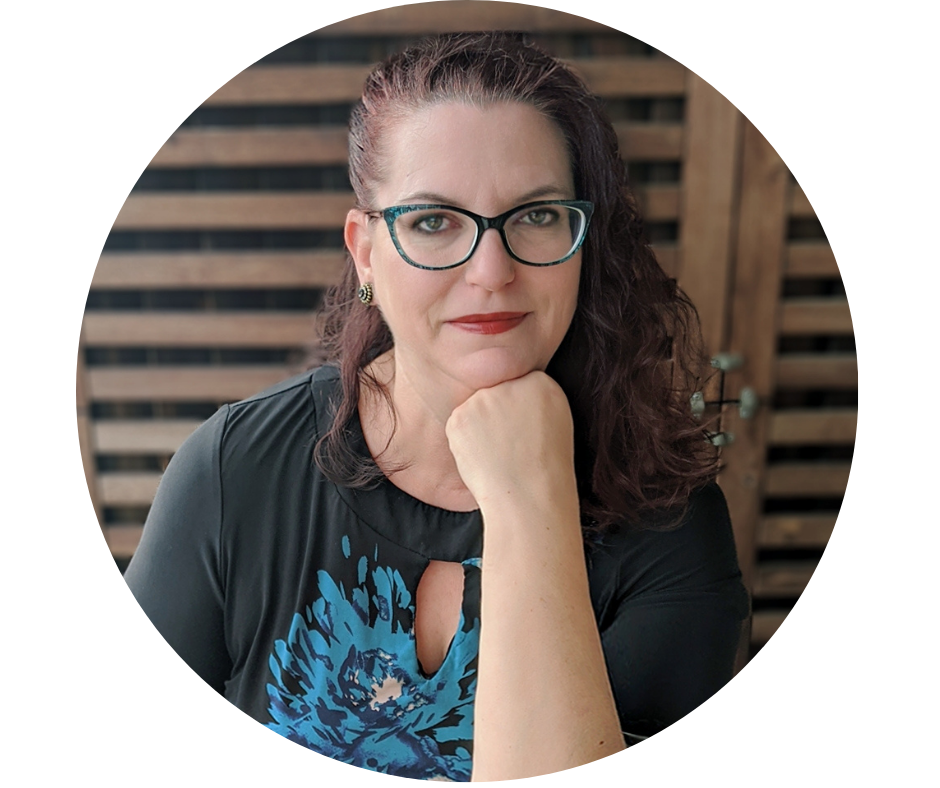
Interviewing As An Agile Team
15/01/2020
You may ask yourself why interviewing new team members would change, just because you are an Agile team. After all, isn’t it the same as always? The recruiter sends the hiring manager a pile of CVs, the hiring manager selects a few, interviews are scheduled and then on the day of the interview the hiring manager and maybe the lead technical person asks a slew of pointed questions with predetermined answers in the back of their heads. If it is for a technical position, the person may also be asked to review code.
That was then. This is now. If you have the concept of “people and interactions over process and tools” at the core of your trend towards agility, then you have to ask yourself what has to change about your interviewing and recruiting.
RECRUITING FOR AGILE TEAMS
The process shake-up starts with how recruiters review qualifications. That, in and of itself, is a separate topic which we’ll likely address in a future post. Today, let’s talk about how the process after candidates are identified by the hiring manager needs to be turned on its head. First, the candidates should be prioritized by the team based on their CVs and any notes from the recruiter. This is the order that they should be interviewed in - just like a prioritized backlog.
FIVE STEP GUIDE TO INTERVIEWING AS AN AGILE TEAM
If a candidate is going to be a part of the team, then the team needs to conduct the interview. And at the end, the team needs to decide together if they are interested in working with a candidate or not. Here is a quick five step guide to begin a shift towards interviewing as an Agile team:
-
Select a team member to start the interview with a short description of the company and the product or project on which the candidate will work, as well as a few words about the team. The hiring manager may do this for a time, but it really says something for a candidate to hear a team member present the information.
-
Next, ask the candidate to say a few brief words about themselves and give an example of how their skills would enhance the team.
-
Then begin a holistic approach to asking questions. We recommend that you have a set of questions that absolutely must be asked every time, but not a scripted order for them. Let the conversation flow. Each team member should ask questions that provide them with insight into the candidate. This takes practice. It is not going to be smooth sailing the first few times.
-
The hiring manager can then close the question period with two questions that allow the candidate to show how they think or process information. These should not be technical questions.
-
And finally, the candidate gets to ask the team any questions that they want. They may direct their questions to the group, or to specific individuals.
AFTER THE TEAM INTERVIEW
After the interview, the team should then have a debrief. The discussion needs to center around what the team members liked or didn’t like about the candidate. At the end, the hiring manager gathers the team’s votes. If there is no unanimous consensus about the candidate after debate and discussion, then the team passes on that candidate and moves on to the next. At this stage, the team needs to be careful about not letting personal biases creep into their votes. This is why an open and honest discussion during the debrief is essential, with the team members keeping one another accountable.
Interviewing as a team lets team members choose their own future colleagues. This helps to preserve company culture and democratize the hiring process, as well as keep the self-organizing nature of Agile teams intact.
Learn more about the work that we do and the programs that we offer. Set up a call to start planning how you want to change the culture of your organization.
Learn More
About the Author:
 INDRA A. BOOKS
INDRA A. BOOKS
With 25 years of award-winning coaching and leadership experience, Indra has a passion for helping companies, teams, and individuals bring about meaningful, goal-oriented transformations which are firmly grounded in Agile principles. She currently works from Spain with companies around the world to achieve sustainable growth based on true agility; helping them make value-based changes and see results with high-performing teams.
Connect with us
 |
 |
 |
Search

WELCOME TO THE AFA LEARNING PORTAL
We offer loads of free information here in the blog and also in our
resource library
AFA provides coaching, consulting, and training programs. In addition to specialized consulting, you have the option to choose from:
- group coaching programs
- masterclasses
- 1-week intensive offsites
Our programs are designed to help your organization to:
- Maximize Employee Engagement
- Foster Self-Organization
- Encourage Innovation
- Attain Higher Performance
- Be More Agile
